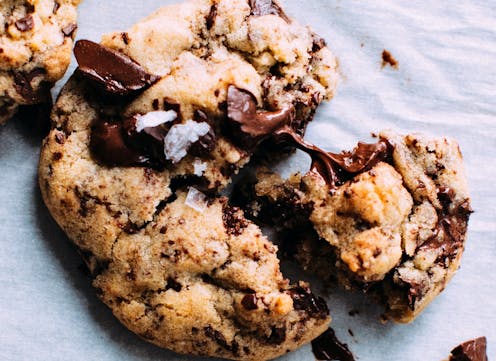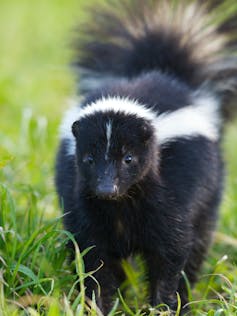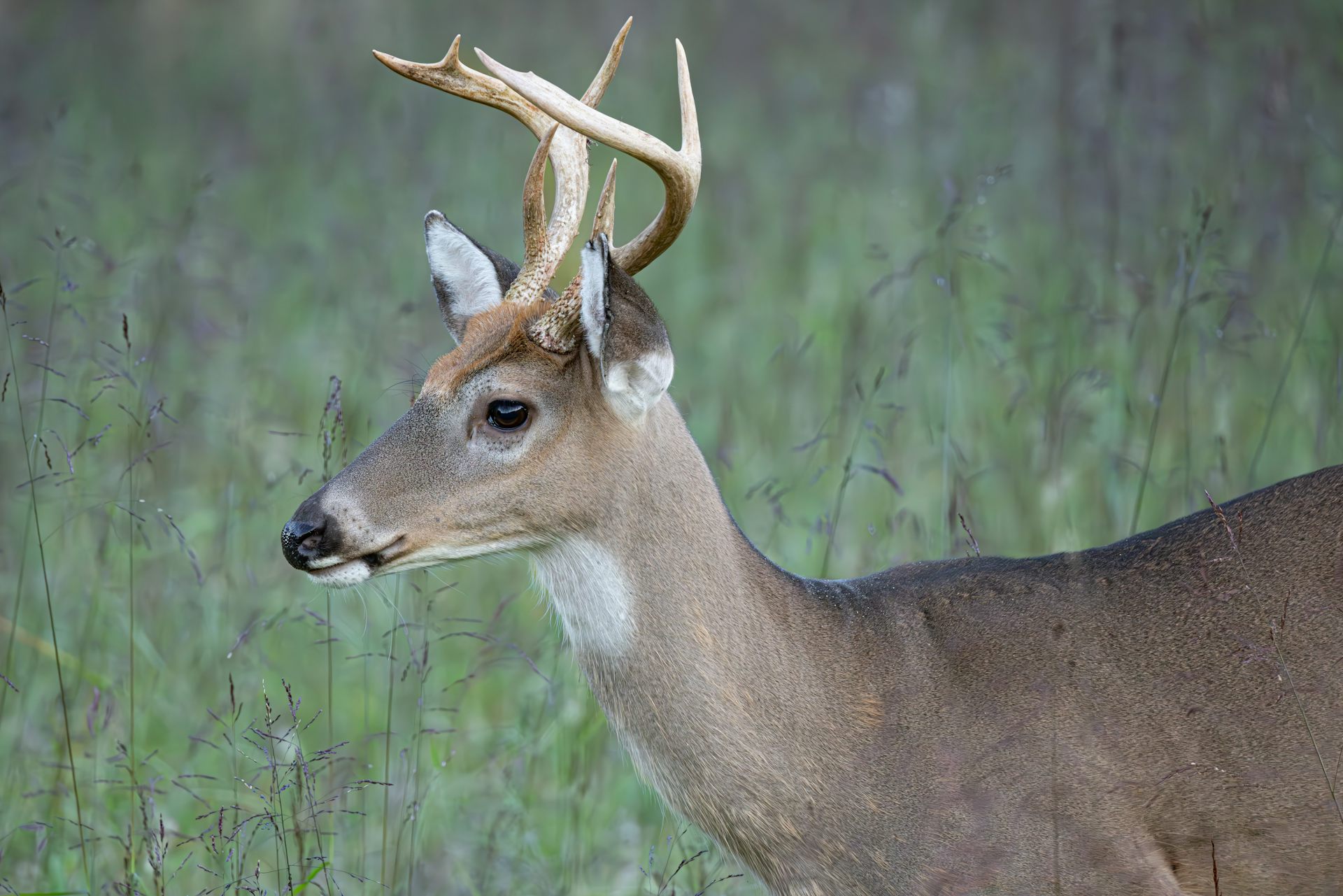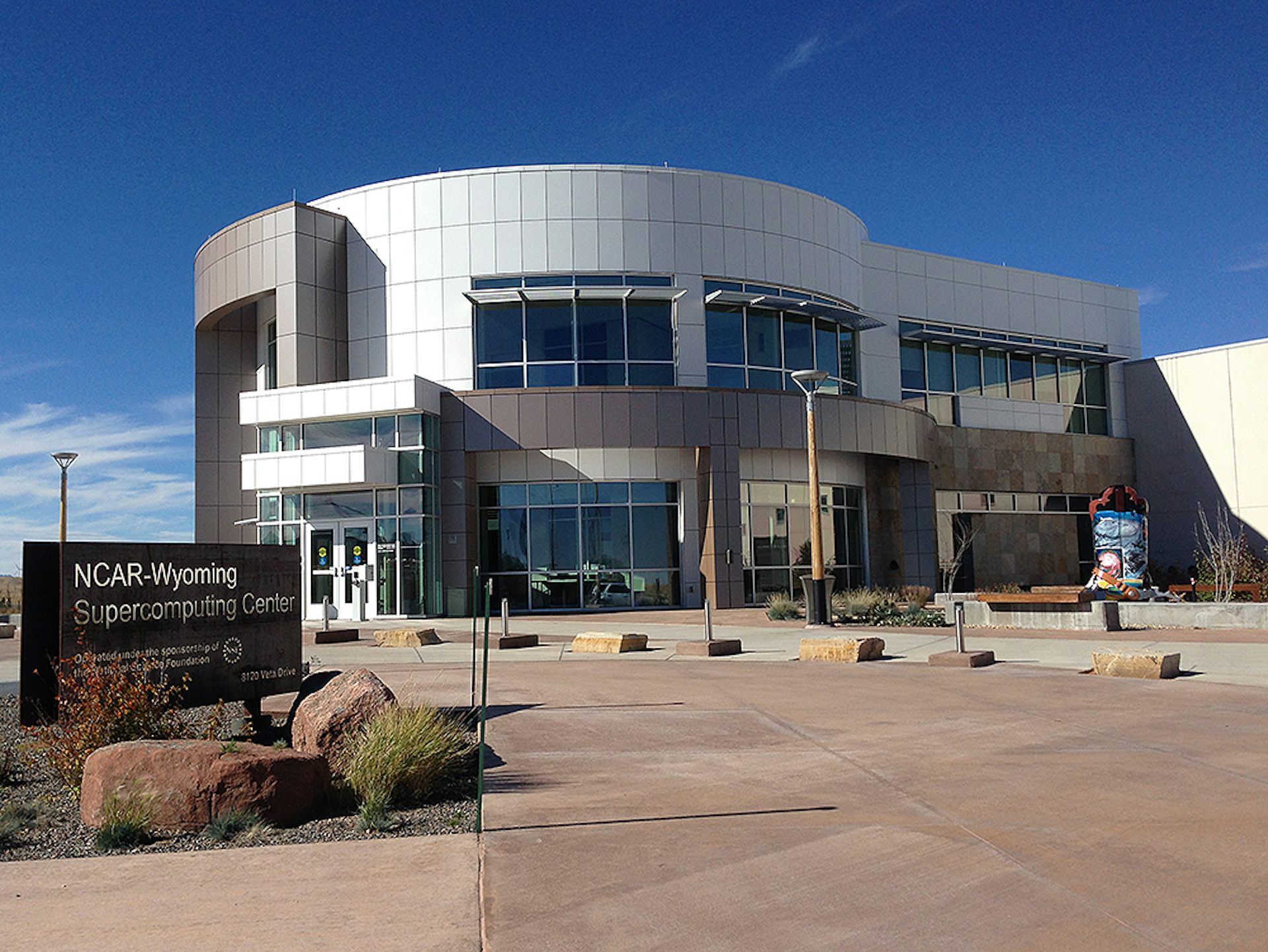What makes something smell good or bad?
Mmmmmmm. That smells delicious. Wait, how do you know that?


Curious Kids is a series for children of all ages. If you have a question you’d like an expert to answer, send it to curiouskidsus@theconversation.com.
What makes something smell bad or good? – Taylor, Atlanta, Georgia
Pee-yew! Your old socks smell soooo bad.
But why?
Maybe you’ve learned to dislike the smell. Maybe your socks are full of gross bacteria. Or maybe, it’s both. Our team studies the brain and sense of smell – it’s one of our favorite topics. But first, how do you smell?
What is that smell?
The air is filled with many small odor molecules which are released from “smelly” things like perfume or food. Your nose has the astonishing ability to smell thousands of different scents because in your nose are millions of smell receptors – cells that can recognize odor molecules. When you sniff the air, these special cells are alerted.
These receptor cells then send a signal to your brain. Your brain recognizes many scents when different types of odors enter your nose. The smell of baking cookies, for instance, is composed of many odor molecules. Your brain can piece together all this information and let you know there are cookies baking in the oven.
Smells that make memories
Your brain is very good at memorizing good and bad experiences and associating particular smells with them. Scientists call these “olfaction-associated memories.”
One example of this is when you smell a favorite meal. It might remind you of someone who makes it for you, which triggers your brain to release chemicals that make you feel good and comforted.

Of course, smell can also be associated with unpleasant experiences. You have probably eaten some food that went bad, and you might find that you hate that food now. This is your brain associating getting sick with a certain smell, which stops you from eating something that could be bad for you. Memories linked to smells can form because of good and bad feelings.
Smells to warn you
But what about things that you know smell good or bad even if you’ve never experienced them? Scientists have found that although a lot of the smells people like come from past experiences, instincts play a big role.

Scent tells you a lot about your environment, and your instincts help to decide what is safe or dangerous. For example, blood has been shown to repel humans and many prey species, like deer, but attract predators, like wolves. This guides people away from predators that might want to eat us, but lets the predator get its meal.
Smell can warn you when something could make you sick. When eggs rot, bacteria multiply like crazy inside them, breaking down proteins that release a toxic chemical called hydrogen sulfide. This produces a stench that makes you want to stay far away, stopping you from eating the egg and becoming ill.
As for your socks… if they smell bad now, don’t wait. Wash them with soap and water! The bacteria growing on your socks will be killed, which will stop that nasty smell.
Hello, curious kids! Do you have a question you’d like an expert to answer? Ask an adult to send your question to CuriousKidsUS@theconversation.com. Please tell us your name, age and the city where you live.
And since curiosity has no age limit – adults, let us know what you’re wondering, too. We won’t be able to answer every question, but we will do our best.
Weihong Lin receives research funding from NIH.
Kayla Lemons and Rakaia Kenney do not work for, consult, own shares in or receive funding from any company or organization that would benefit from this article, and have disclosed no relevant affiliations beyond their academic appointment.
Read These Next
Why US third parties perform best in the Northeast
Many Americans are unhappy with the two major parties but seldom support alternatives. New England is…
The cost of casting animals as heroes and villains in conservation science
New research shows how these storytelling choices can distort science – and how to move beyond them.
From moral authority to risk management: How university presidents stopped speaking their minds
Nearly 150 universities and colleges have adopted institutional neutrality pledges since 2023.





